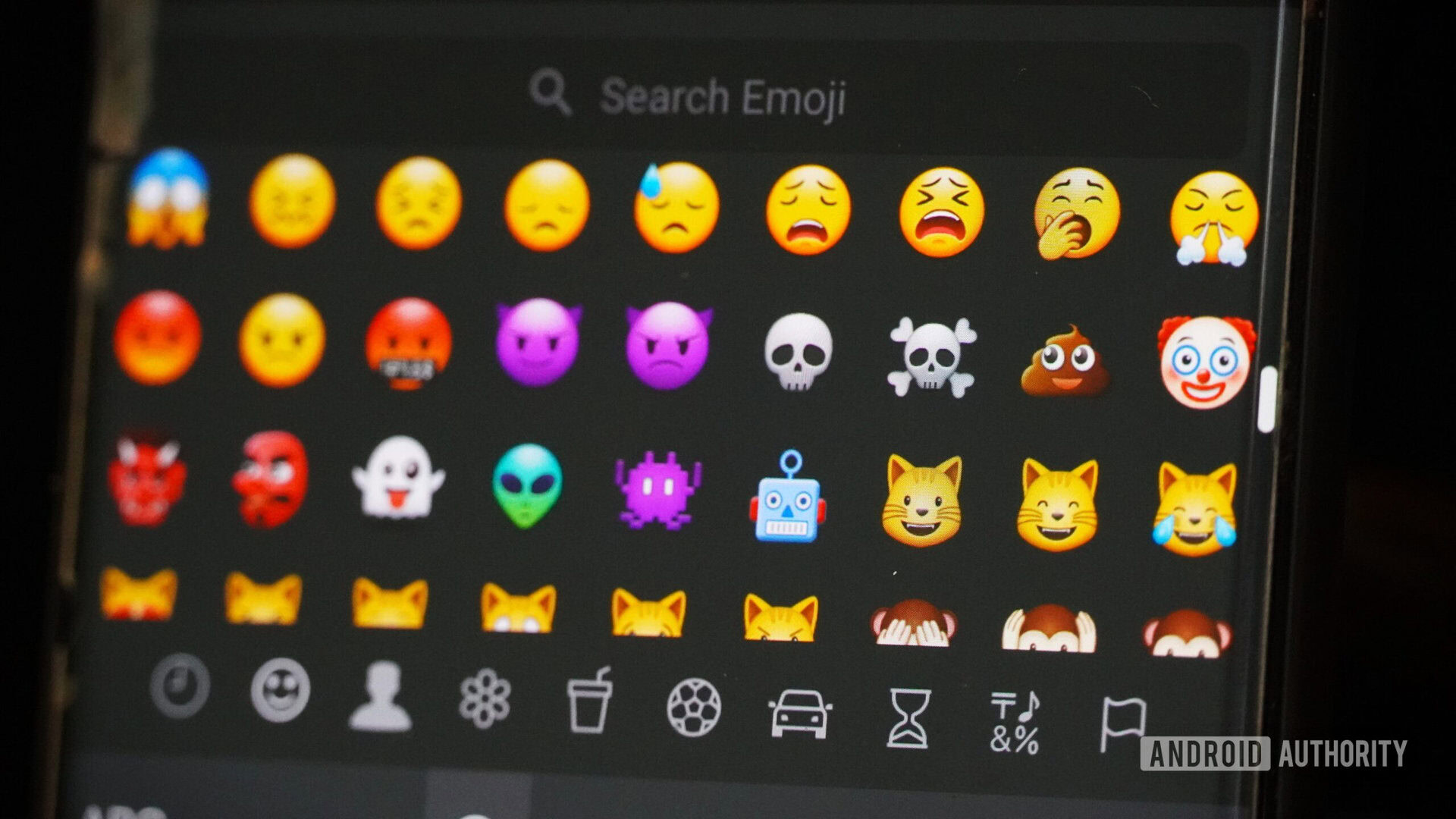
Adam Birney / Android Authority
TL;DR
- A Canadian judge has ruled that a thumbs-up Emoji is a satisfactory agreement to enter into a legal contract.
- Because of this ruling, a farmer must pay more than CAD $82,000 in damages.
- Unbelievably, a dictionary.com summary of the Emoji was used in the ruling.
Typically, a legal contract requires quite a bit of scrutiny to be admissible in court. The contract usually needs to be signed and dated by the person(s) involved at the very least, and sometimes you need a witness, such as a notary.
However, this is 2023, and our modern times are much different than how things have been historically. Take, for instance, a recent ruling by a judge in Saskatchewan. According to The Globe And Mail, the Court of King’s Bench ruled that a thumbs-up Emoji (????) is enough to make a contract legally binding.
The case centers on a Canadian grain buyer named Kent Mickleborough. In March 2021, Mickleborough sent out a text message to various farmers in the area, advertising that he was looking to buy 86 tons of flax at a price of CAD $17 per bushel. Farmer Chris Achter responded to Mickleborough, and the two discussed the terms on the phone. Mickleborough then texted a photo of a contract to Archter and said, “please confirm flax contract.”
This is where things get weird. Achter responded to this text with a thumbs-up Emoji. However, the terms of the contract weren’t met — the flax was never delivered. Mickleborough then sued Achter claiming that his Emoji response was an agreement to the terms of the contract, and Achter breached it.
Justice Timothy Keene agreed. In his ruling, he said, “This court readily acknowledges that a (thumbs-up) Emoji is a non-traditional means to ‘sign’ a document, but nevertheless, under these circumstances, this was a valid way to convey the two purposes of a ‘signature.’”
Keene pointed to a listing on dictionary.com that explains what the ???? symbol means and stated that this is a commonly accepted affirmation.
Meanwhile, farmer Chris Achter argued that the Emoji response was a sign that he had received the contract, not that he had read it nor agreed to it. Mickleborough countered this by showing evidence of Achter agreeing to previous contracts through text messages, although none using a thumbs-up Emoji.
Regardless, Keene’s ruling means Achter must pay CAD $82,000 to Mickleborough for breaching the contract.
Stay connected with us on social media platform for instant update click here to join our Twitter, & Facebook
We are now on Telegram. Click here to join our channel (@TechiUpdate) and stay updated with the latest Technology headlines.
For all the latest Technology News Click Here
